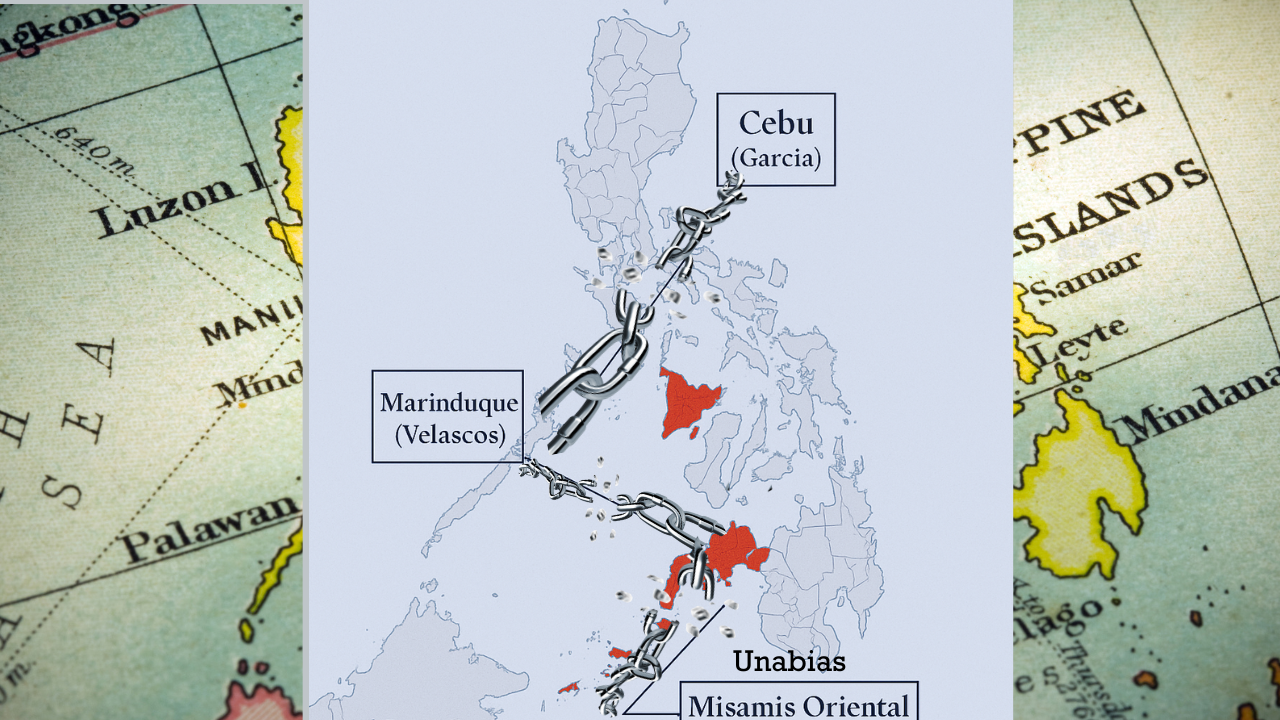In a country where political power is often passed down like property, the 2025 midterm elections showed that appetites are changing.
Long-standing assumptions about machinery, money, and name recall were tested—and in more places than expected, they failed. From the hills of Marinduque to the neighborhoods of Tondo, dynasties and celebrities who once seemed untouchable were defeated by first-timers, independents, and relative unknowns.
It wasn’t a single protest—it was a national pattern.
Philippine elections have long favored personality over platform. But in 2025, voters placed more weight on message clarity, performance, and emotional credibility.
“Bumababa ang popularity if they can’t make a compelling message,” said Dr. Robin Garcia of WR Numero Research. Voters still respond to charisma, but they increasingly expect it to come with substance.
A clear position, a grounded campaign, and a sense of public purpose mattered more than party color or name legacy.
The list of dynasties that fell is telling. In Cebu, longtime governor Gwen Garcia lost to newcomer Pam Baricuatro. In Marinduque, the Velascos were swept out after a decade of dominance. In Misamis Oriental, the Unabia clan was decisively rejected at both the provincial and congressional levels.
In Metro Manila, names like Abante, Bagatsing, and Lopez all lost to lesser-known challengers. In Las Piñas, the rift between the Aguilars and Villars eroded their once-untouchable hold. These were not isolated cases—they reflected a widespread voter willingness to challenge familiar names.
The rise of non-machined independents also stood out. Heidi Mendoza, former Commission on Audit commissioner, ran without the support of a traditional party and placed 21st, garnering over 8.7 million votes. Retired police colonel Vicente “Vic” Bosita, fueled by a loyal YouTube following, drew nearly 9.8 million.
Neither had major political backers, yet they resonated with voters who were looking for sincerity and accountability over machinery.
The clearest message of 2025: voters are harder to buy. Patronage politics is not dead—but its influence is shrinking. Name recall still matters, but only when paired with integrity, performance, and presence.
This year’s results won’t end dynastic politics, but they did shatter the illusion that machinery guarantees victory. They proved that the right candidate, in the right moment, with the right message, can still break through—and win.



